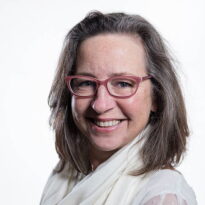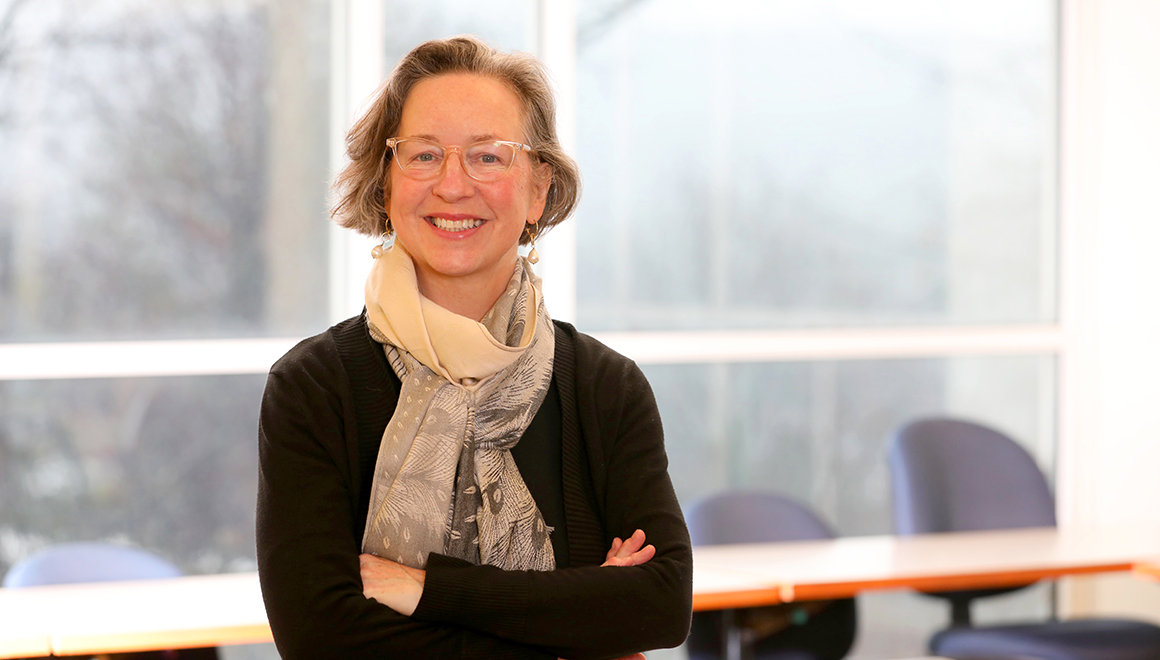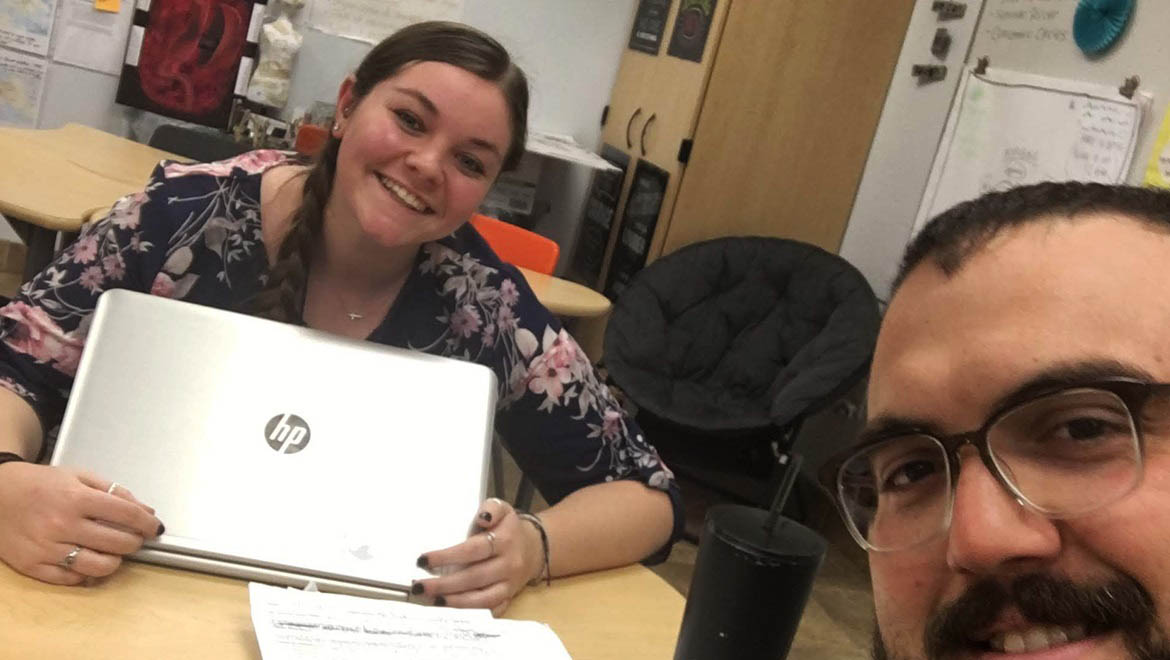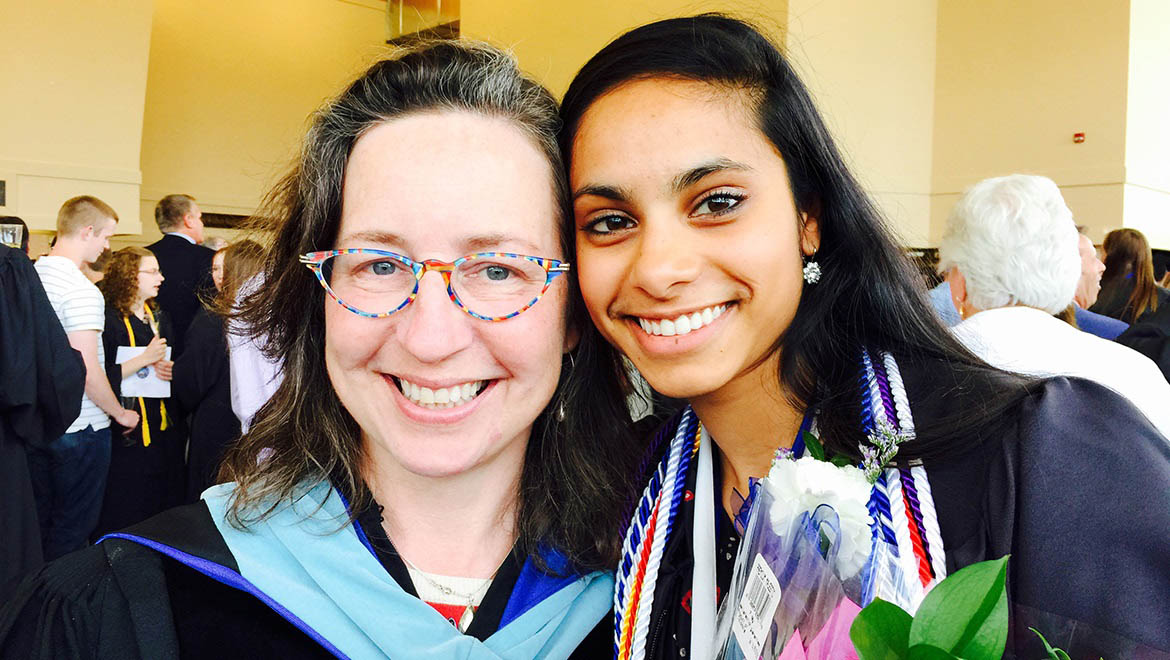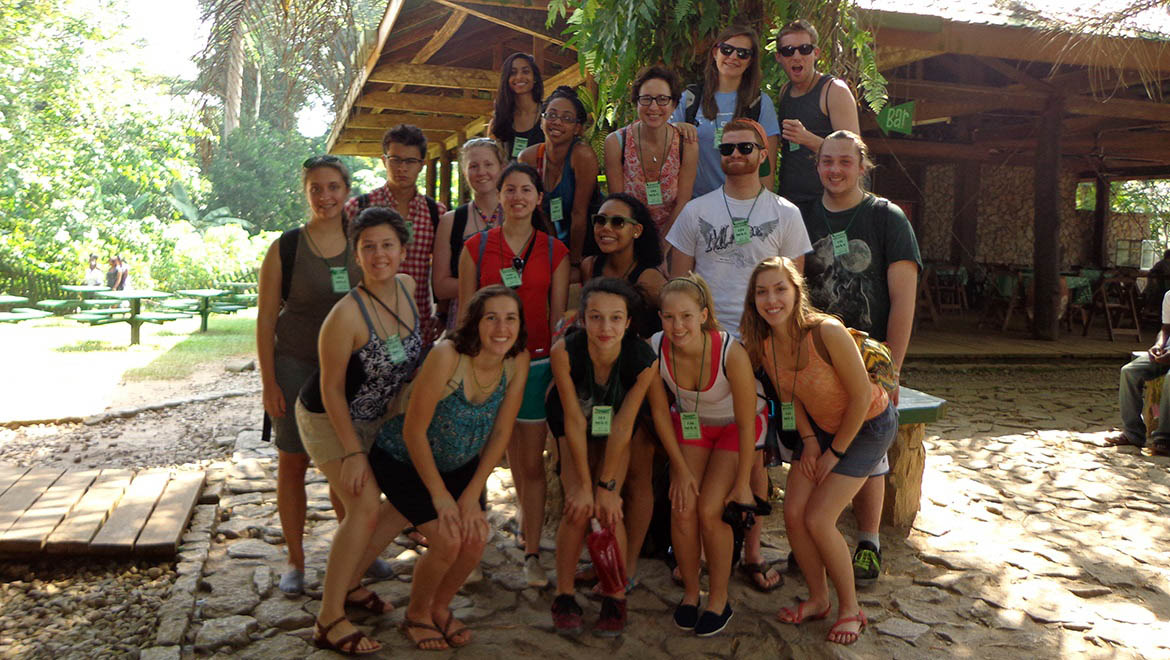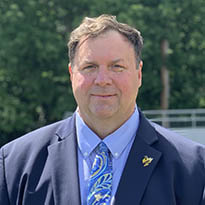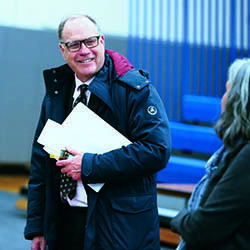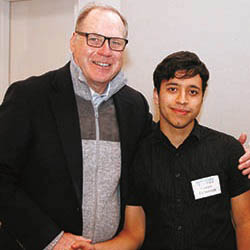How to Grow
Inspired By Their Teachers, Hartwick Educators Make A Lasting Impact
by Libby Cudmore
He may not know it, but Mr. Matthews, a fifth-grade teacher at Greater Plains Elementary School, planted a seed in one of his students that continues to bear fruit nearly 50 years later.
“Mr. Matthews was such an important person in my life,” said Betsy Bloom, a professor in Hartwick’s Education Department. “He taught us to explore and discover. He was the teacher I have always wanted to be.”
Following Mr. Matthews’ inspiration, Bloom taught social studies at Oneonta Middle School for 10 years, getting her doctorate in education from Binghamton University. She then joined Hartwick with the intention of training the next generation of teachers — not just in how to lead a classroom, but how to impact their own students’ lives.
“In the Hartwick Teacher Education Program, we have always communicated to our teacher candidates that their job does not end with the textbook,” she said. “Our classes are hands-on and project-oriented because those are the teachers we want to see in the classroom — creative people who will build engaging lessons around the needs and interests of the students in front of them.”
This thinking led to the launch of the Inclusive Elementary Education certification, which builds on the Teacher Education Program’s foundational philosophy of inclusivity. This academic major is designed to prepare teachers to work in various settings, including general, special education and inclusive elementary school classrooms.
“People with disabilities have been marginalized historically,” she said. “We want to make sure that every student who is going to be an elementary educator has the ability to work with all their students to create a more inclusive classroom, not just a room tucked away by the custodian’s closet.”
It’s all part of the department’s philosophy to not only teach equity and inclusion but also make schools themselves more equitable.
